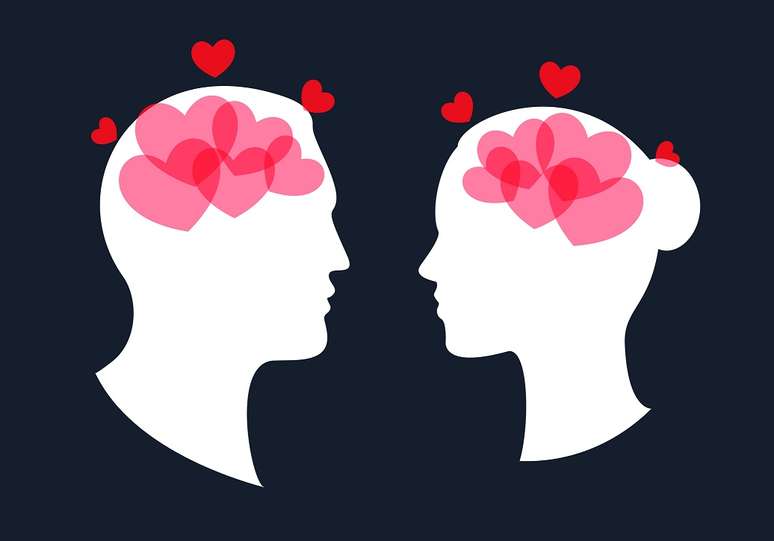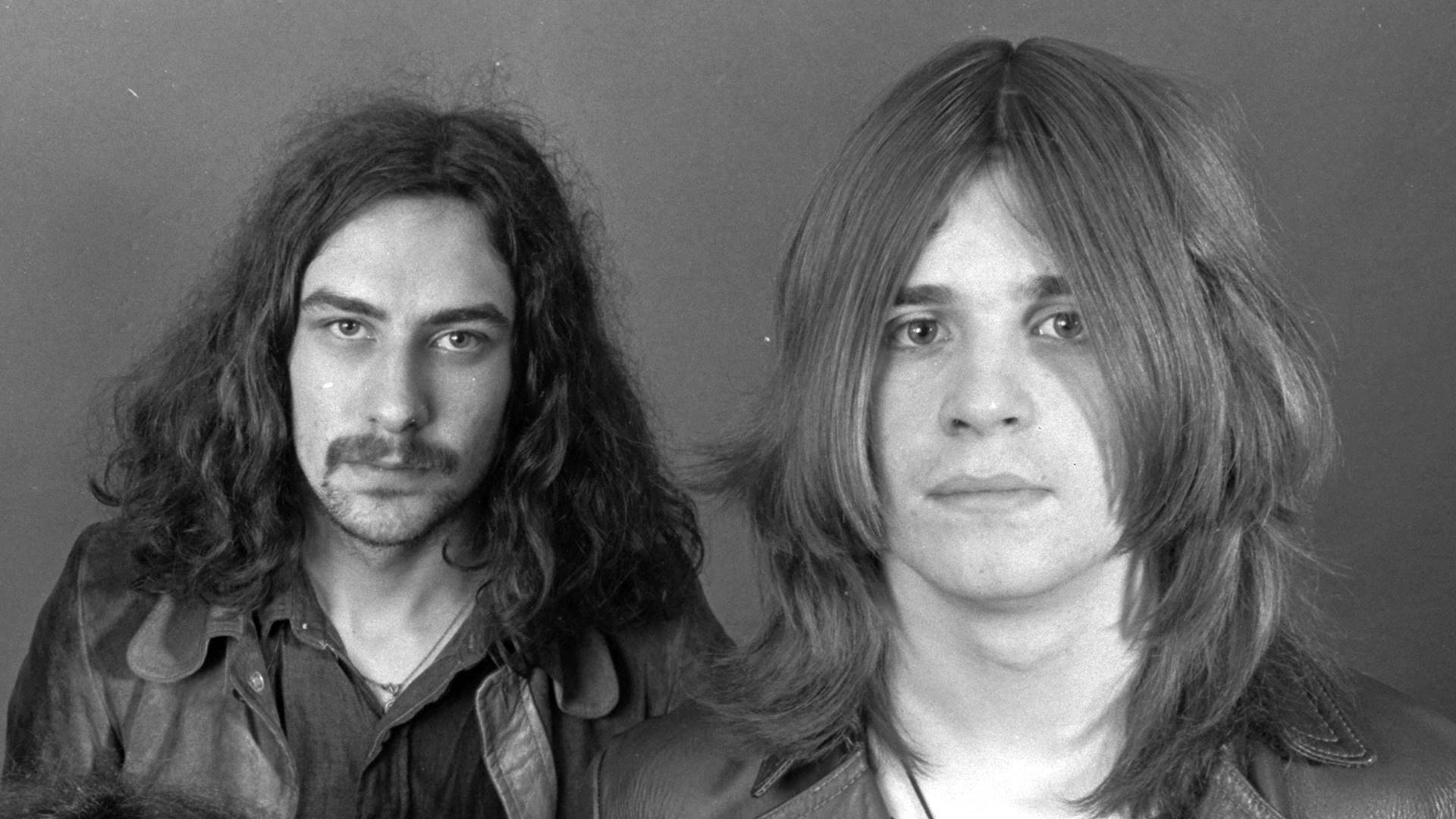The brain activity of people in love resembles the brain activity of those struggling with addiction
“When you know, you know” – when we hear someone say this, we know they are talking about love – but that doesn’t explain how we know. Some say love is when you care more about someone than yourself. Others insist that it is the knowledge that you have found your soulmate. The truth is that romance usually happens so quickly that there isn’t much time to analyze it.
Fortunately, humans have been fascinated by the concept of romantic love for thousands of years. They wrote books, established theories and conducted studies. This saves you a lot of work and means there are effective ways to determine whether you are in love or just in love.
Different types of love
The triangular theory of love by Robert Sternberg – American psychologist, professor of psychology at Yale University and president of the American Psychological Association – proposes that there are three main components of love:
Intimacy: refers to the close bond and feeling of connection between two people in a loving relationship.
Passion: Many people focus on passion when defining romantic love, and this plays a crucial role. Passion fuels physical attraction, romance, and sexual activity.
Decision/commitment: This is the part where you decide you love someone and then commit to continuing to love them in a long-term relationship.
The intensity of love varies depending on how strongly you feel each of the above components, and this will determine which of the eight different types of love you can experience. According to this theory, the eight types of love are as follows: non-love, sympathy, infatuation, empty love, romantic love, companion love, crazy love and consummate love. Perfect love is what you might call “true love” and you can only achieve it when you feel all three components of love at the same time.
A relationship is not limited to one type of love. In fact, you may find that you experience multiple types of love over the course of a relationship.
Love versus passion
Psychologist Elaine Hatfield offered some suggestions WebMD on the difference between love and passion. He proposed that there are two types of love: passionate love and companionate love.
Passion is the driving force of passionate love. This powerful emotional state revolves around intense desire, sexual desire, and arousal. Passionate love is the kind you often see in movies.
Ideally, passionate love will evolve into companionate love, which is a state of attachment governed by less intense emotions. Born of attachment, intimacy, and commitment, companionate love is defined by feelings of affection and tenderness for someone you trust. While passionate love tends to have a shorter lifespan and rarely lasts more than two years, companionate love is a lasting type of love with the potential to increase over time.
Bottom line: If you’re overwhelmed with anticipation and attraction, you’re probably in love. If your so-called “butterflies” have transformed into feelings of tenderness, trust, and genuine concern for your partner’s well-being, you may be in love.
How to know that you are in love
When you fall in love, it feels tiring because it is. Being in love causes your brain to release powerful chemicals that affect your body, your mind, and your ability to stop daydreaming about the object of your affection. The levels and combinations of these chemicals vary depending on the stage of love you are in.
-Libido creates a surge of testosterone and estrogen.
-Attraction changes levels of dopamine, norepinephrine and serotonin.
-Attachment triggers the release of oxytocin and vasopressin.
-Although the aspects of love mentioned above are closely related, they do not always occur at the same time. When all three combine, you are almost certainly in love.
What happens to your brain when you’re in love:
It turns off partially. Sensuality and attraction actually turn off the prefrontal cortex of your brain, which helps you make rational decisions. After all, lust needs no logic: testosterone and estrogen are secreted by the testicles and ovaries, and she relies on these sex hormones to increase her libido.
Produce less serotonin. Its lower levels are believed to be responsible for the “I’m obsessed with you” feeling during the early stages of infatuation and are also associated with obsessive-compulsive behaviors.
Your brain prepares a powerful chemical cocktail. Overactive sex hormones aren’t the only forces at play when you fall in love. The hypothalamus is a region of the brain that controls emotions and is responsible for the release of all dopamine, oxytocin, and vasopressin. Dopamine makes you feel euphoric and giddy, oxytocin (also known as the “love hormone”) triggers your bonding instinct, and vasopressin awakens the desire to protect your partner. All of these chemicals contribute to the benefits of falling in love, including that crazy feeling.
The rewards center springs into action. Brain scans have shown that the brain’s major reward centers become overly activated when someone sees a photograph of a person they find very attractive, so you can imagine how this might increase when attraction is combined with love.
When your brain goes through the above changes, it affects what happens to your body when you’re in love.
There is no rest for lovers. Love (and more specifically norepinephrine) can actually keep you up at night. It may also contribute to general restlessness and decreased appetite.
-It’s hot here? One study found that being close to a loved one can raise your body temperature, which explains why seeing your love interest can make you blush. By mapping the effects of bodily sensations triggered by emotions, another study found that love increases activity throughout the body.
-Stay still, with your heart beating. In the early stages of falling in love, you may notice that your heart beats very fast. It’s not your imagination: Being in love can actually raise your heart rate.
-Inhale. If you love someone, you may find their scent intoxicating. It turns out that the smell (i.e. pheromones) may be what attracted you in the first place.
If you are in love, you are lucky. Being in love can contribute to a longer life, a healthier heart and reduced stress. Plus, it’s hard to beat the joy that accompanies the early stages of romance.
The many positive effects of love can be addictive. But is love really an addiction?
As discussed above, higher levels of dopamine combined with lower levels of serotonin can trigger obsessive thoughts – and falling in love is, indeed, an obsession. It’s not uncommon to wonder if you’re addicted to your love interest.
There are chemical similarities between love and addiction, and brain imaging has shown that the brain activity of people in love resembles the brain activity of those struggling with addiction. For example, both love and cocaine addiction appear to cause increased activity in the nucleus accumbens, which plays a central role in the brain’s reward circuits.
However, love can be classified as a “healthy addiction”. There’s no need to resort to treatment the next time you feel that familiar rush of romantic feelings – just relax and enjoy the chemical reaction!
Source: WebMD
Source: Terra
Ben Stock is a lifestyle journalist and author at Gossipify. He writes about topics such as health, wellness, travel, food and home decor. He provides practical advice and inspiration to improve well-being, keeps readers up to date with latest lifestyle news and trends, known for his engaging writing style, in-depth analysis and unique perspectives.








